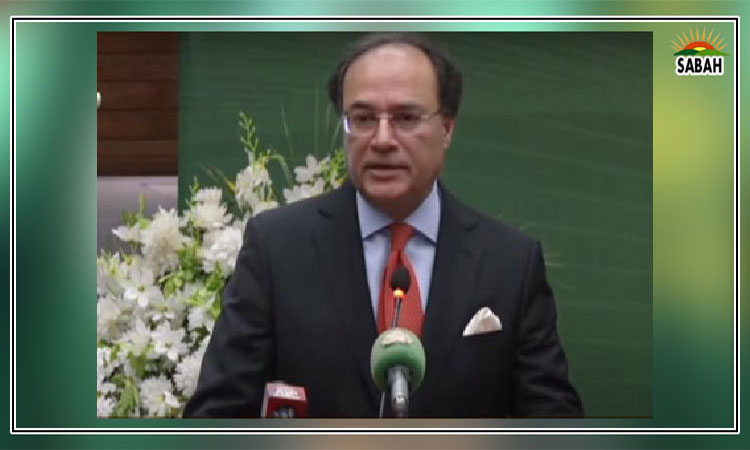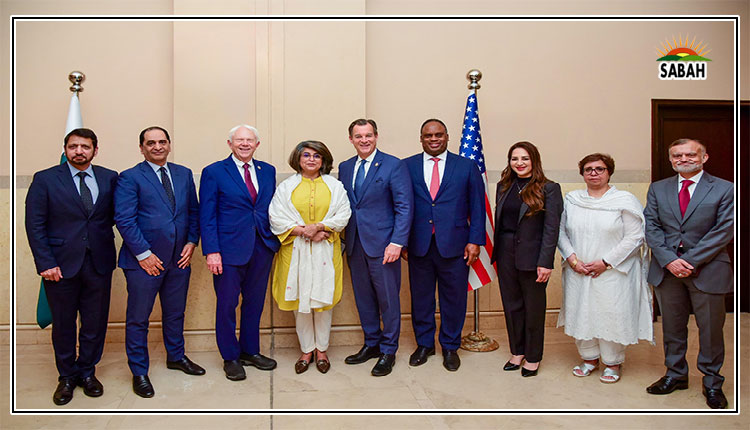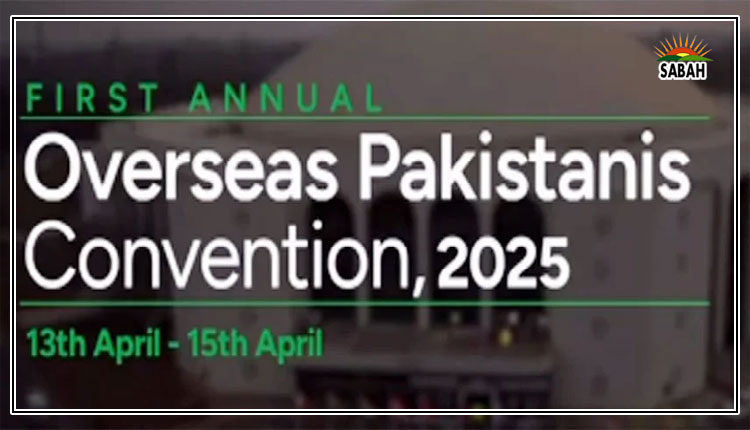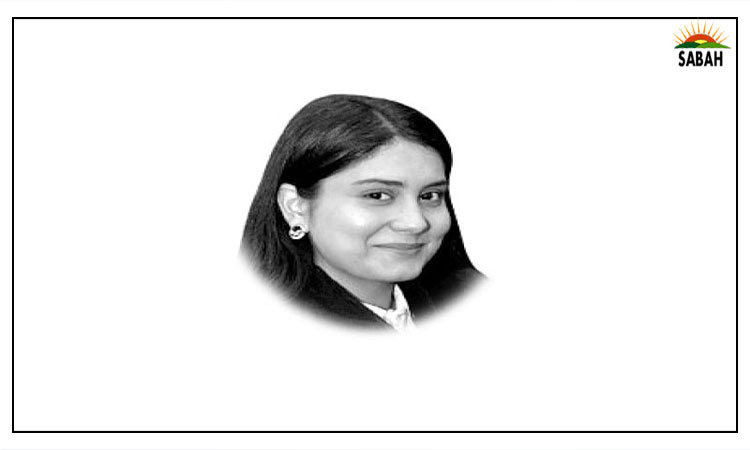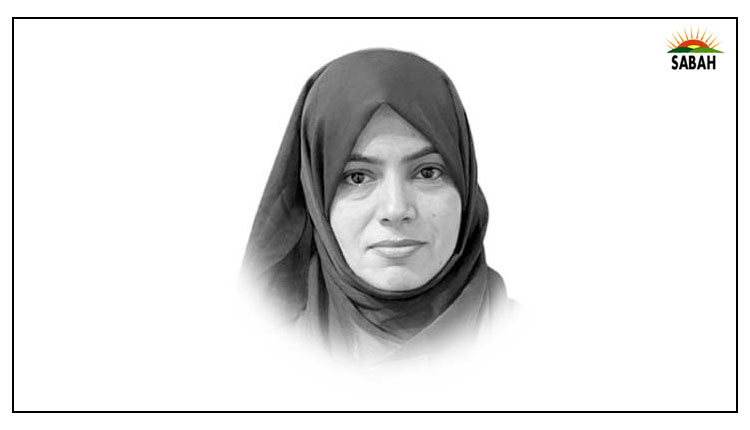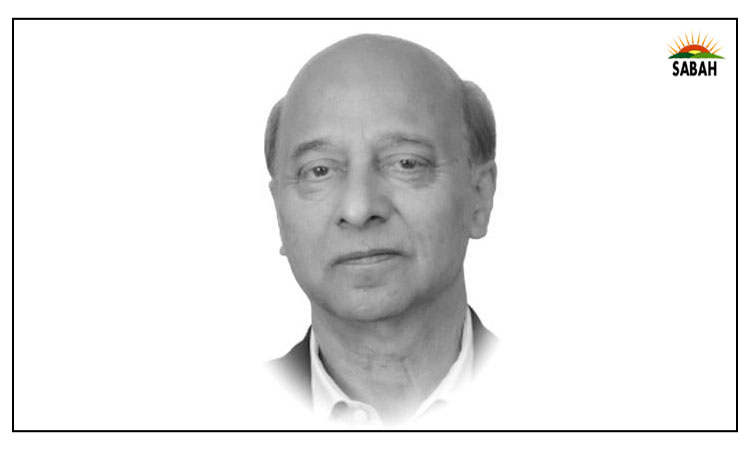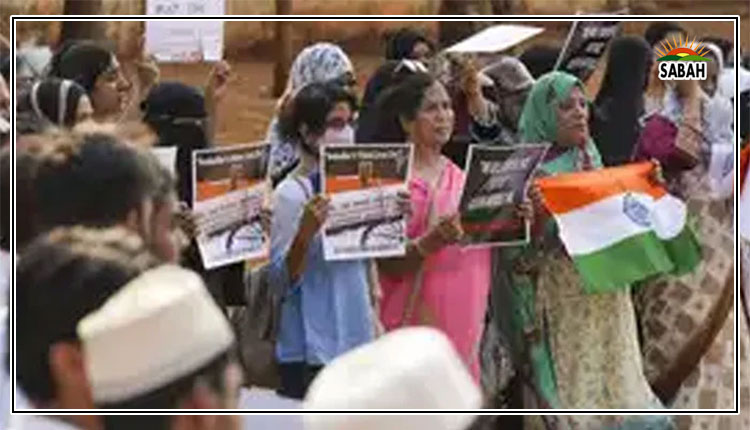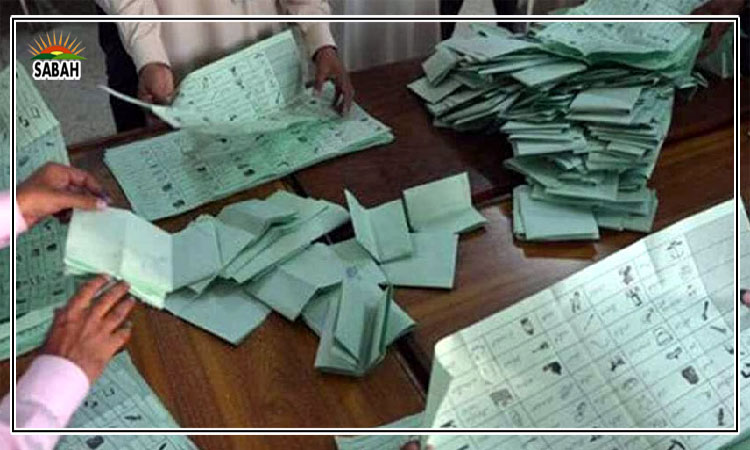Polling for the 12th General Election of NA & four Provincial Assemblies ended peacefully across the country
ISLAMABAD, Feb 8 (SABAH): Polling for the 12th General Election of National Assembly and four Provincial Assemblies ended peacefully across the country and counting of votes continues. As 12th general elections in the country held on Thursday, the nation stands at a critical juncture, marred by economic stagnation, hyperinflation, acute balance of payments issues, and serious security concerns.
In the midst of these challenges, the holding of elections on Thursday served as a beacon of hope for continuity for the democratic process. Polling for National Assembly and provincial elections started on 8:00 AM and continued till 5:00 PM without any hindrance. By and large 130 million voters are registered in Pakistan; however, turn out on Thursday remained insufficient.
About Pakistan’s 12 general elections, the international media commented. For instance The Independent stated former prime minister Imran Khan is not there at ballot paper and his party is forced to support the independent candidates which is why there are chances of winning of PML-N. Bilawal Bhutto Zardari,35, is also part of the game who is son of former prime minister Benazir Bhutto.
The US journal Time wrote Karl Marx famously said that history repeats itself first as tragedy, then as farce. Years from now, Pakistan’s 2024 election which happened Thursday will be looked back on as a grim reminder that history can be both tragedy and farce at the same time. The journal further states that all are being provided with level playing field. Noted US newspaper Washington Post wrote that Pakistan is facing another non-transparent election. Same happened five years ago. There were allegations of election rigging and the same was the environment. Allegations about a lack of a level playing field, particularly for Imran Khan’s PTI, have cast a shadow of doubt over the credibility of the exercise.
The PTI, having fallen out of favor with powerful quarters since the ouster of its government via a no-trust motion in April 2022, has been facing significant hurdles in this electoral battle.
Restrictive conditions and constraints on political parties, notably the PTI, it could not campaign freely, painting a picture of an uneven playing field exacerbated by the continuous influence of powerful quarters in the country’s political affairs.
A careful analysis of election results from the last four elections shows that the party poised to win an election got more seats than the proportionate number of votes it bagged on the polling day.
There were instances when the number of votes of a party was more than the number of votes of the “the king’s party” of that time. However, the king’s party ended up getting more seats thanks to the pre-poll, polling day, and post-poll maneuvers.
These maneuvers included seat adjustments, vote division through manufactured smaller parties and splinter groups, and smaller sectarian or religious groups launched to steer the results in favor of a particular party.
Interestingly, none of the mainstream parties that formed the government after the last four elections could secure more than 33% of the total votes cast, which leaves enough room in the hands of the establishment to maneuver.
If this maneuvering is not sufficient, another tactic is used when there is a very tight race. Rejected votes in a constituency, in many cases, are more than the difference between the winner and the runner-up. Interestingly, the percentage of rejected votes in every new election is increasing.


